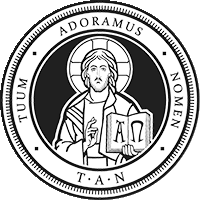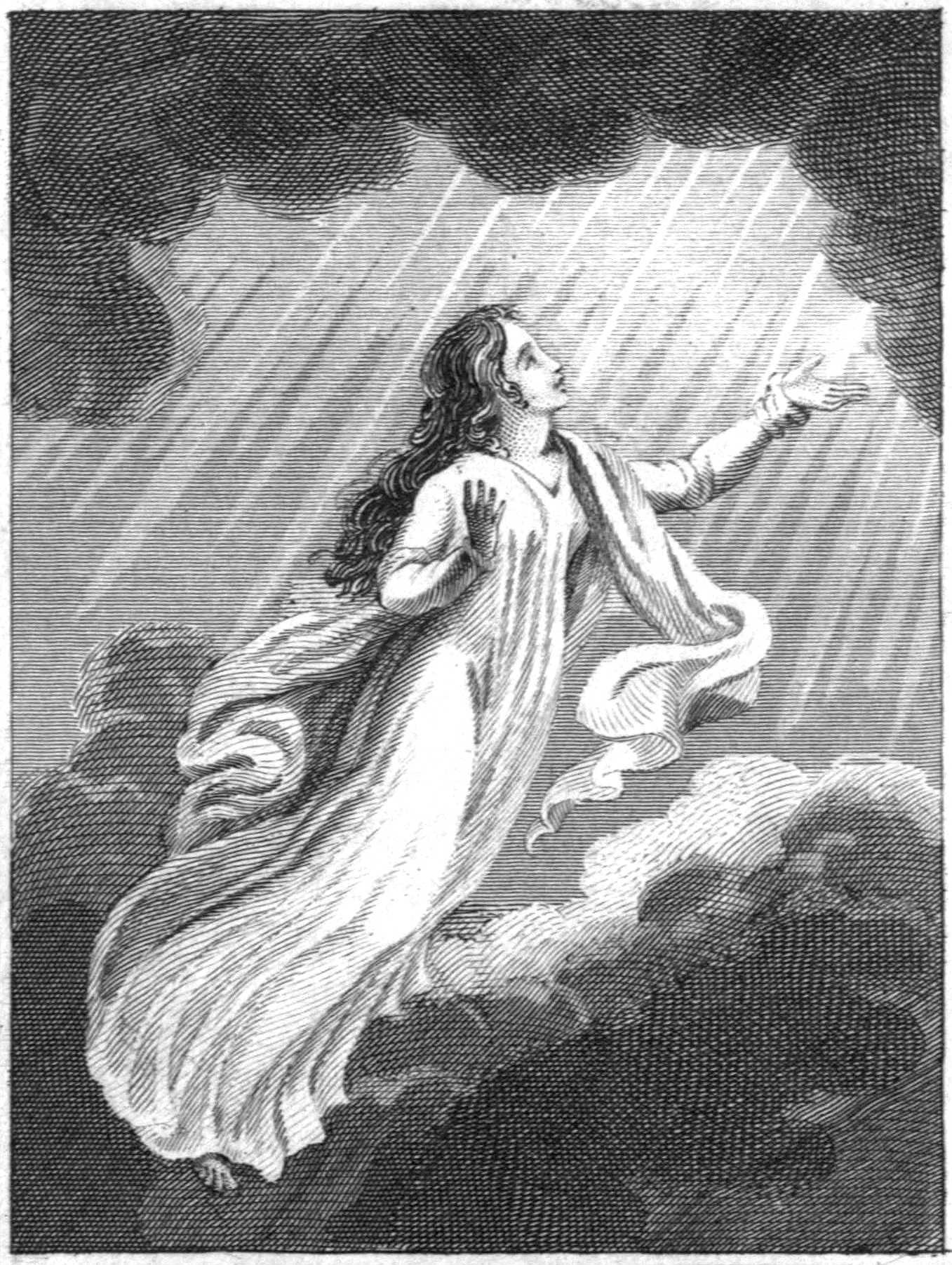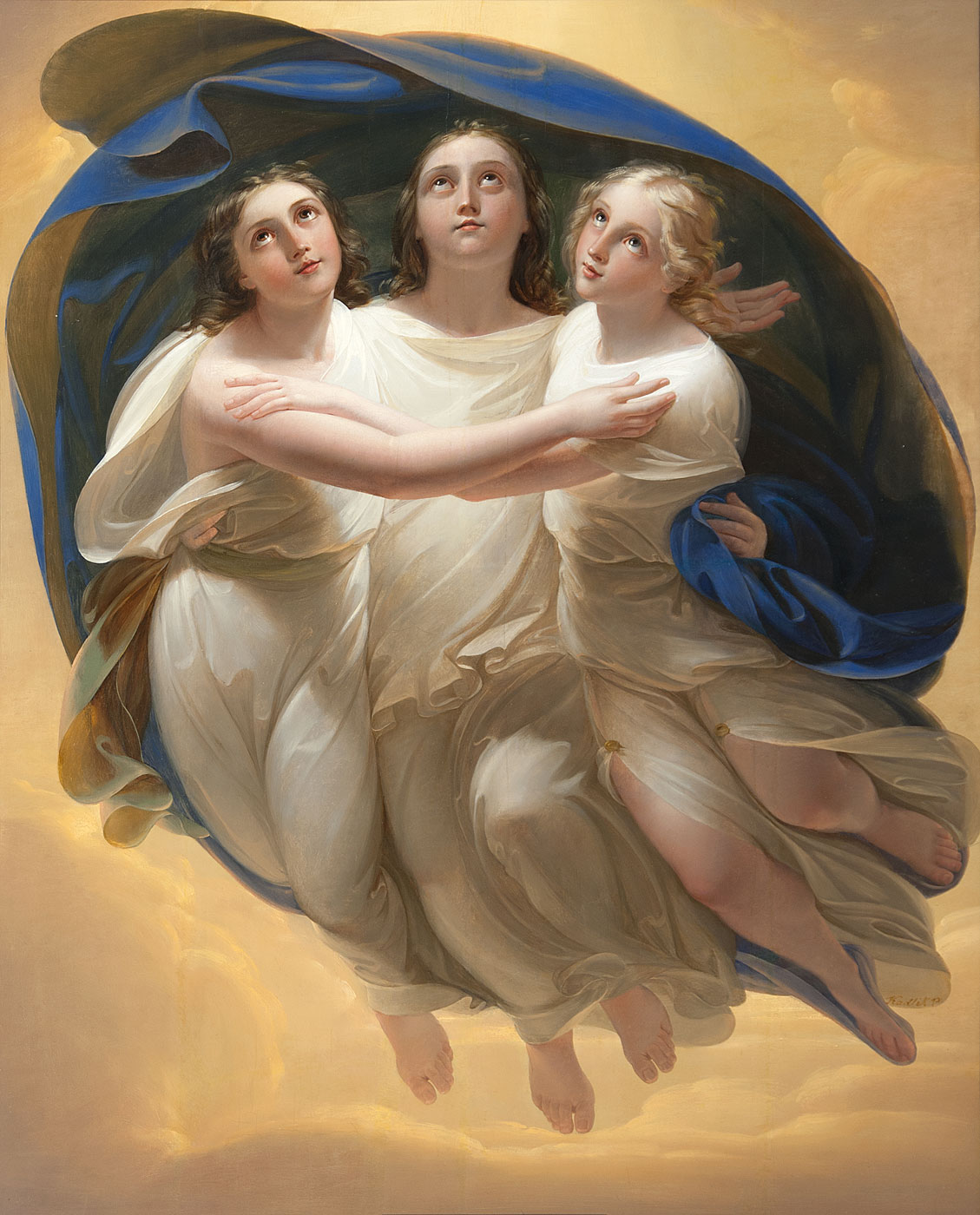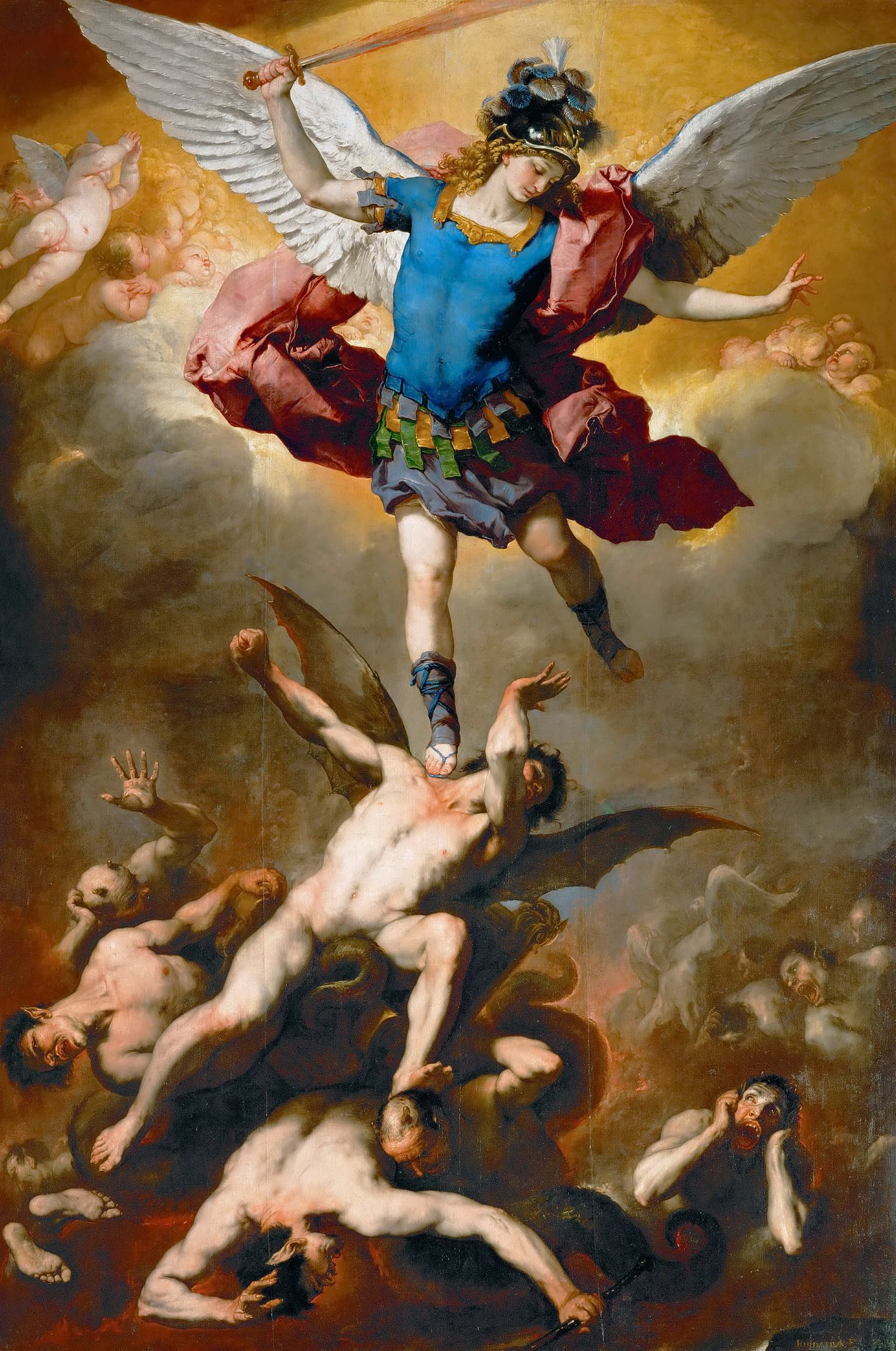The Apostles wrote that part of Revelation which is contained in the Scriptures, while their disciples wrote what the Apostles preached, taught or instituted in the Church, but which had not been written by the Apostles.
It is a mistake to dream only of an oral tradition carried on from generation to generation through the help of word of mouth. For Tradition, in the first place, is not “oral” in the sense that it is maintained and propagated “only” through man’s lips. It is oral in the sense that in the beginning it was received by the Faithful from the Apostles themselves, not in writing, but through their preaching, teaching or institutions, established in the Church by the same Apostles. What the Apostles did not write, but preached, taught or instituted, was afterwards written by their immediate disciples, and sometimes by the disciples of these immediate Apostolic disciples.
Tradition, in the second place, is “oral,” not in the sense that it was never written, but in the sense that “what in the beginning was not written” by the inspired authors was written “afterwards” by their disciples. What the disciples heard or were taught by the Apostles and not committed to the Scriptures, they afterwards laid down in writing.
In the third place, Tradition is “oral,” as distinguished from that part of Revelation which was written by the Apostles—namely, Scripture. For what the Apostolic disciples afterwards wrote, as heard, learned or as instituted by the Apostles, is what we call, properly speaking, Tradition. We must remember that not all the truths which the Apostles preached and taught were written or discussed in their Epistles, because most of those truths were plain enough and accepted by all. They simply wrote, as the occasion demanded their further attention, to confirm the brethren in their absence.
Moreover, as the Apostles were not only Apostles but also the “ancients” and the legislators of the Church, they instituted certain days of the week or certain seasons of the year as the time of penance, of joy or of rest, to be observed by all. Abstinence from meat on Friday, fasting in Lent, the Sunday observance instead of Saturday, Easter Joys, the ceremonies of Holy Mass, were instituted by the Apostles as a help to the Christian to save his soul and as an ornament to divine worship. All these things were a part—so to speak—of the routine of the Church. All accepted them as a matter of course and as a part of the daily life of the Church. Hence, there was no necessity on their part to write them down; they preached and taught the Faithful what they must do as members of the Church of Jesus Christ. Hence, it was natural that what the Apostles did not write, their disciples, in order to refresh their memories, as well as to transmit it to other generations, did write, according to the warning of the Apostle, “to teach others also.” (2 Tim. 2:2). “Hold the traditions, which you have learned, whether by word, or by our epistle.” (2 Thess. 2:14).
Traditions, therefore, according to the Apostle, are of two kinds, written and unwritten. The written are the Scriptures, because tradition means anything that is delivered or transmitted to others. In this case, the Scriptures are traditions, although improperly so called. The unwritten are all those other Traditions which are not contained in the Scriptures, but which, as the Apostle says, his disciples received through his preaching. These are properly called “Traditions.”
As both kinds of Traditions—received, as the Apostle says, “through my preaching” (properly called Traditions) “and through my Epistle” (the Scriptures—improperly called Traditions)—come to us from the Apostles, both are to be accepted, both are to be believed, both must be lived up to because, according to the command of the Apostle, we must hold both.
The written Traditions, or the Scriptures, contain the greater part of Revelation. But it is not less true that what the Apostles preached, taught or instituted in the Church, but did not write, are a very important part of the Deposit of Faith. They were written by their disciples.
Therefore, the objection collapses, that Traditions, being oral, become corrupted in the course of time. Tradition, strictly speaking, is not oral. It was only such in its first proclamation. All Traditions have been written, if not by the Apostles, certainly by the Church. As pastors and doctors, or as writers of the Church, the first Christians wrote what they heard or learned from the Apostles, or what was practiced in the Church. They wrote not as inspired writers, but simply as common teachers or believers who had nothing else in view but to defend and protect the Deposit of Faith. God, in His Providence, induced those men to write, to be witnesses of that Faith which is always old and always new, feeble and still strong. Although written in the documents of old, Tradition is still better written in the hearts of the Faithful and deeply engraved in the religious practices and belief of the Church.
This article is taken from a chapter in Tradition and the Church by Msgr. George Agius, which is available from TAN Books.








